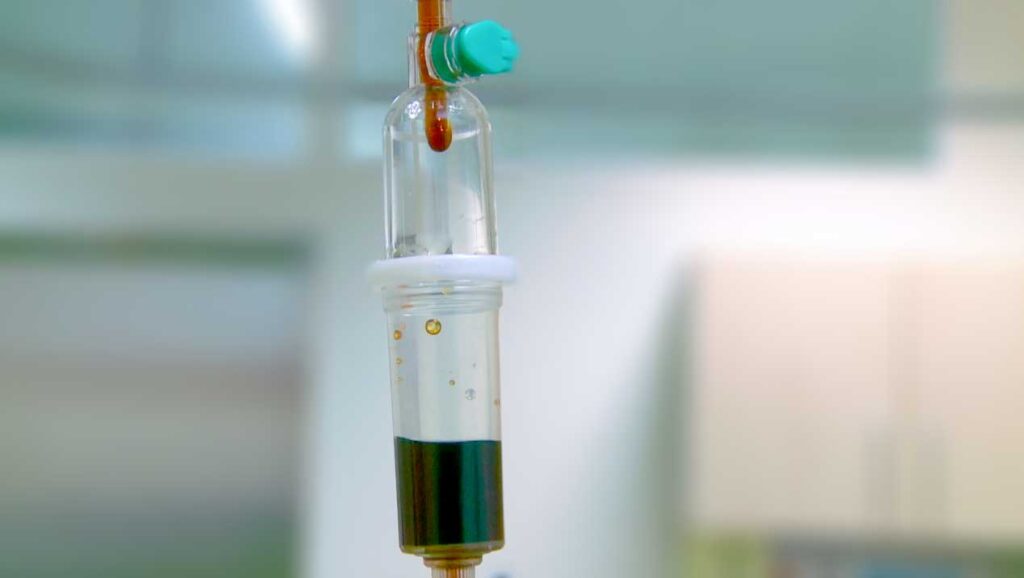
马里兰州巴尔的摩(2024 年 7 月 22 日)—约翰斯-霍普金斯医学院的研究人员发现,与输注红细胞的传统方法相比,术前输注铁剂可改善贫血患者的预后。这些重要发现于7月22日发表在《麻醉与镇痛》(Anesthesia & Analgesia)杂志上。
研究表明,输注铁能促进患者自身红细胞的生成,可能是替代外部捐献者输血的一种更好的方法。
“贫血非常常见,尤其是在手术患者中,直到最近,默认的治疗方法一直是在手术前输血,”约翰霍普金斯大学医学院麻醉学和重症医学教授史蒂文-弗兰克博士说。”然而,我们的回顾性研究显示,输注铁剂比术前输血更有利于降低发病率和死亡率、增加血红蛋白和减少输血需求。
铁是制造血红蛋白的必要元素,血红蛋白是红细胞中负责将氧气输送到全身的蛋白质。贫血患者缺乏足够的健康红细胞,在手术过程中因不可避免的失血而面临更大的风险。
输血虽然有效,但也存在血栓、感染、过敏反应和肺部并发症等风险。此外,对于有特殊抗体或患有镰状细胞病等疾病的患者来说,寻找合适的献血者也是一项挑战。因此,人们开始寻找替代治疗策略。
研究小组利用 TriNetX 研究网络的数据,分析了 2003 年至 2023 年期间接受手术治疗的 154,358 名缺铁性贫血患者的记录。患者被分为术前输注铁剂和输血两类。结果显示,与接受输血的患者相比,接受铁剂输注治疗的患者死亡率降低了 37%,发病率降低了 24%。
该研究的作者希望这些发现能鼓励更广泛地采用术前输注铁剂的方法。未来的研究可能会探讨口服铁补充剂与输液相比的效果。

